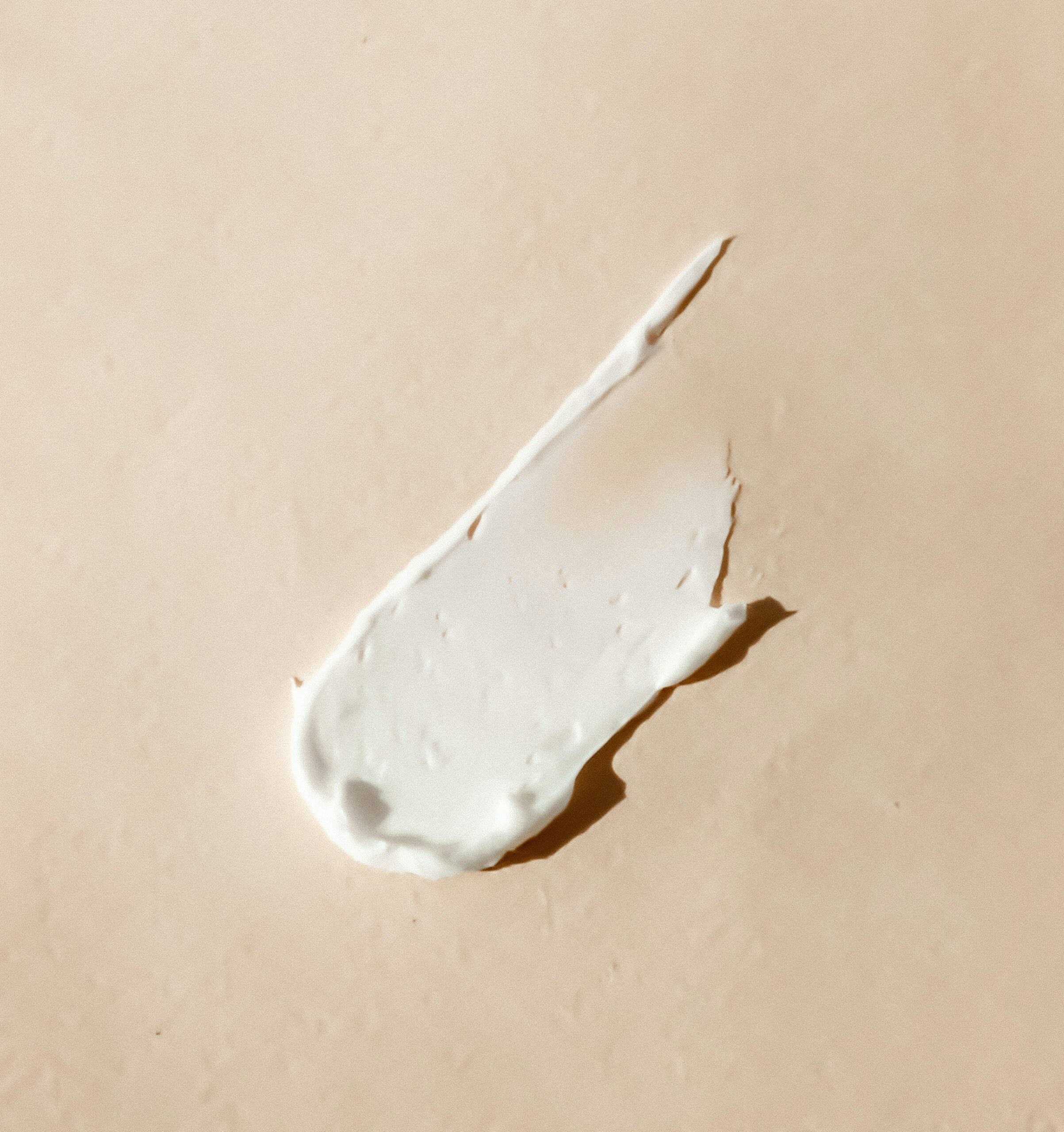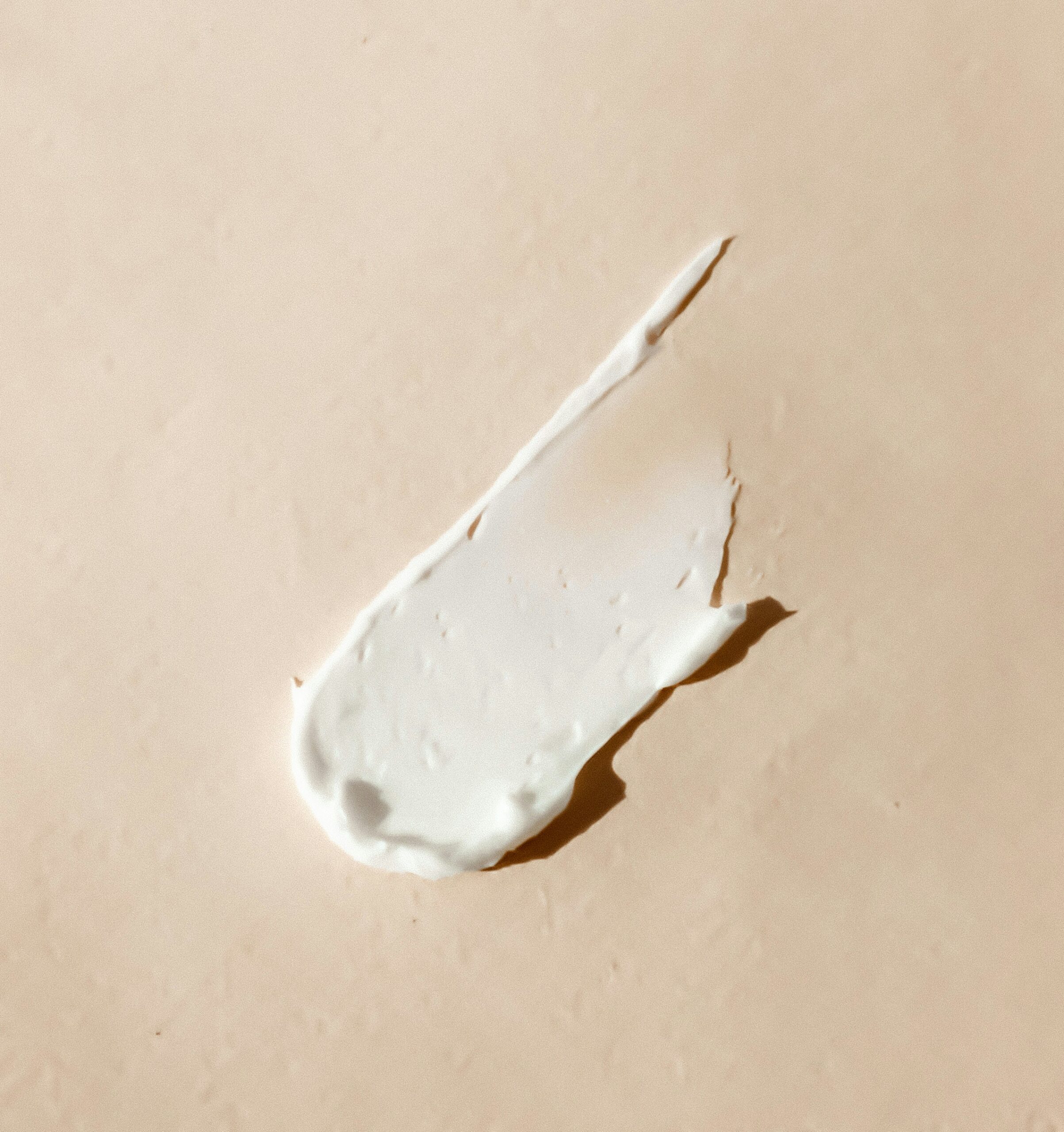Banner image courtesy of Kelsey Curtis
Everyone wants healthy, glowing skin. But sometimes, despite our best efforts, the natural radiance we strive for seems to elude us. Whether it’s sun damage or past breakouts, uneven skin tone can make us feel less than confident.
However, that doesn’t mean we need to rely on makeup to achieve a smooth, luminous complexion that fills us with confidence. With the right combination of skincare practices and lifestyle habits, you can enhance your skin’s natural glow and minimize any unevenness.

Understanding the Roots of Uneven Skin Tone
Uneven skin tone is often a result of a few key factors that disrupt the natural balance of your complexion. For instance, hyperpigmentation can occur when your skin produces too much melanin, typically after, acne, or sun exposure.
Post-inflammatory hyperpigmentation (PIH) can leave behind dark spots after blemishes heal, especially if the skin was irritated. Sun damage can also contribute to dark spots and uneven patches as your skin reacts to harmful UV rays.
Your genetic makeup plays a role in how your skin reacts to these environmental factors, and hormonal fluctuations—especially during pregnancy, menopause, or from using birth control—can lead to darker patches or even blotchiness. Identifying the causes behind your uneven skin tone helps you take more targeted steps to correct it.
Sun Protection: Your First Line of Defence
Daily sun protection is crucial for preventing further skin damage and avoiding the worsening of dark spots. UV rays can not only accelerate aging but also trigger the production of excess melanin, leading to sunspots and pigmentation issues.
Applying a broad-spectrum sunscreen with at least SPF 30 every morning is an easy yet powerful habit to prevent these concerns.
Gentle Exfoliation: Revealing a Smoother Surface
Exfoliation is one of the best ways to reveal a fresher, more even complexion. By removing dead skin cells, you promote cell turnover, which encourages brighter, more radiant skin.
That doesn’t mean scrub your skin as hard as you can for the best results. In fact, it is essential to be gentle. Harsh scrubs can irritate the skin and worsen uneven patches. Instead, opt for chemical exfoliants, such as alpha hydroxy acids (AHAs) or gentle physical exfoliants with finely ground particles.
Exfoliating 2-3 times a week is usually sufficient to see improvement without causing irritation. The process not only smooths the skin’s surface but also helps other skincare products penetrate deeper, boosting their effectiveness.
Nourishing Your Skin From Within: Diet and Hydration
What you may not want to know but must know, is what you put into your body has a direct impact on your skin. A diet rich in antioxidants, such as berries and leafy greens helps to protect your skin from damage caused by free radicals. This protection can reduce the appearance of uneven skin tone and promote a more balanced complexion.
Drinking plenty of water throughout the day helps keep your skin hydrated and supports its natural functions, including healing and regenerating.
If you’re looking for an extra boost, some people use a high-quality skin brightening and lightening cream as part of their routine to complement a healthy diet and hydration, though consistency is key for seeing lasting results.
Targeted Skincare Ingredients: Addressing Specific Concerns
When dealing with an uneven complexion, choosing the right skincare ingredients can make all the difference. Niacinamide, a form of vitamin B3, reduces redness and evens out skin tone while being gentle on sensitive skin.
It’s essential to pick products that suit your skin type—whether it’s oily, dry, combination or sensitive—since the wrong formula can worsen skin concerns. Look for products that include these ingredients and incorporate them into your routine gradually for the best results.
Achieving an even complexion is a process that requires patience and consistency. With these practices, you’ll feel confident in your skin—without relying on makeup to do the work for you.


